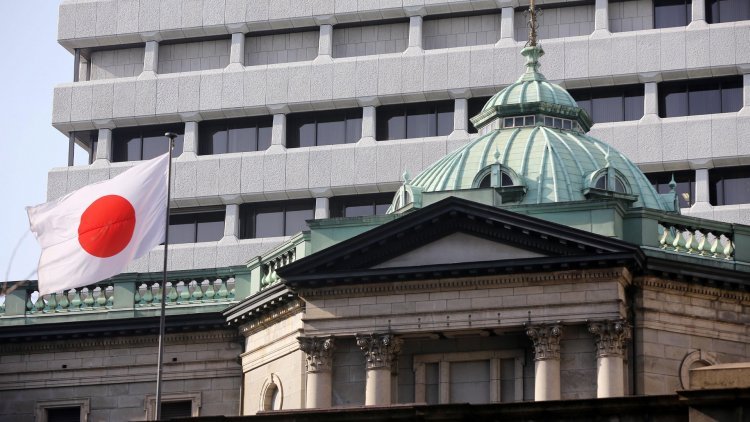Asian markets are weak, and Japan's central bank has turned hawkish as inflation problems persist
Following a two-day policy meeting, the bank declared that it would "enhance market functioning" by adjusting the volatility in long-term rates for 10-year bonds that it accepts.

The yen swiftly strengthened against the dollar as a result of Tuesday's surprise adjustment by the Japanese central bank to its long-running monetary easing programme, while Tokyo stock markets declined.
After a two-day policy meeting, the bank announced that it would "enhance market functioning" by expanding the range in which it would let rates for 10-year Japan government bonds to fluctuate.
The 10-year JGB yield fluctuation range will be increased by the Bank from roughly plus and minus 0.25 percentage points to roughly plus and minus 0.5 percentage points, according to a statement.
The dollar dropped from a daily high of 137 yen to 133 yen within minutes of the announcement, causing the yen to surge quickly against the dollar.
The announcement was made during Tokyo trade's morning break, but when it resumed, the important Nikkei 225 index fell more than two percent.
The Bank of Japan maintained the remainder of its long-standing loose monetary policy, including its long-standing two percent inflation target.
Governor Haruhiko Kuroda, whose tenure ends in the spring of 2019, has long battled to lead the third-largest economy in the world toward persistent inflation of two percent, which is seen to be necessary for growth.
Prices have increased significantly in Japan this year, with the consumer price index reaching 3.6 percent in October, the highest level in four decades.
However, Kuroda and the central bank believe the hikes are just transitory, citing weak demand and salary increases.
Nevertheless, the BoJ is facing pressure to abandon its ultra-loose monetary policy as central banks in other significant economies raise interest rates to combat inflation.
The yen has fallen approximately 20% against the dollar this year as a result of this difference.




 admin
admin 




















